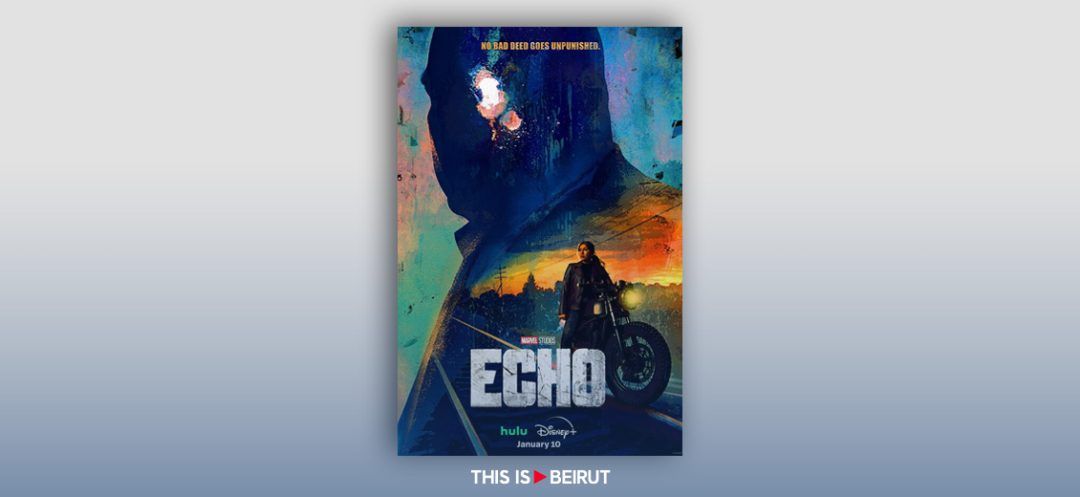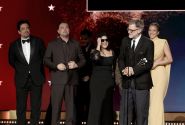
In an era marked by cultural shifts and political debates, Disney’s Marvel franchise has made significant strides with Echo, a series introducing a Native American superheroine who is deaf and an amputee. Set against the backdrop of dwindling viewership and political criticisms, this innovative series embodies the company’s commitment to diversity and inclusivity.
In a bold move that intertwines inclusivity with entertainment, Disney’s Marvel franchise is introducing a groundbreaking superheroine in its latest series, Echo. Launching on Disney+ and Hulu, the series features Maya Lopez, a character of Native American descent who is deaf and an amputee. This innovative step comes as Disney, under CEO Bob Iger’s leadership, has been navigating the complex terrain of America’s cultural debates, marked by accusations from figures like Florida Governor Ron DeSantis of promoting "wokeness" through diverse character representation.
Echo debuts at a critical juncture for both Marvel and Disney. The superhero genre, once a juggernaut of viewership, is witnessing a gradual decline in audience numbers. Concurrently, Disney is facing heightened scrutiny and criticism from conservative quarters in the United States. This context adds layers of significance to the series, which not only extensively employs sign language and subtitles but also collaborates closely with the Choctaw Nation to ensure cultural authenticity, particularly in depicting pre-colonial American sporting events.
Alaqua Cox, the lead actress in Echo, expressed pride in her role, emphasizing the importance of amplifying indigenous voices. This series is a testament to Marvel’s evolving narrative landscape, which, despite starting with predominantly white protagonists in earlier films like Iron Man, has gradually embraced diversity, as seen in the success of Black Panther.
Bethany Lacina, an associate professor at the University of Rochester who has analyzed the demographics of Marvel’s audience, points out that there is no clear correlation between the franchise’s diversifying cast and the dip in box-office revenues. She observes that non-white viewers, particularly African Americans and Latinos, are more inclined towards Marvel movies. This shift in casting reflects a closer alignment with the actual demographic composition of Marvel’s audience, particularly among younger viewers.
Despite Iger’s recent remarks hinting at possible frustration over Disney’s diversity initiatives not attracting a new wave of audiences, Lacina underscores that there hasn’t been a significant backlash from white viewers. The success of Black Panther, a film with a predominantly African American cast, was embraced across demographics and celebrated for its positive global impact.
Nick Carnes, a co-author specializing in the Marvel universe and a professor at Duke University, interprets the franchise’s diversification strategy as both a commercial tactic and a reflection of the comic book origins. He highlights the historical over-representation of white, male characters in the genre and views Disney’s strategy as an effort to introduce these traditional fans to a broader spectrum of characters.
Carnes posits that the fate of Echo will likely hinge more on the quality of its storytelling than on the prevailing cultural divides in the United States. Echoing this sentiment, Chaske Spencer, a Native American actor featured in the series, emphasizes the universality of human emotion as a fundamental aspect of storytelling that transcends cultural and racial boundaries.
With AFP
Read more



Comments